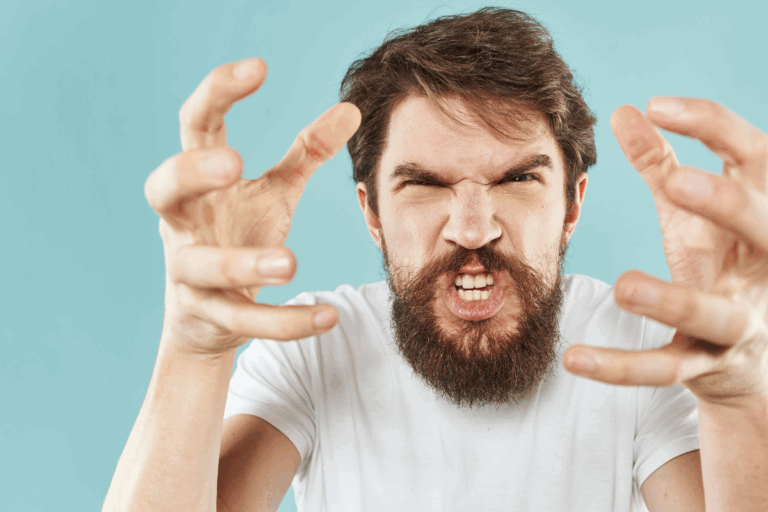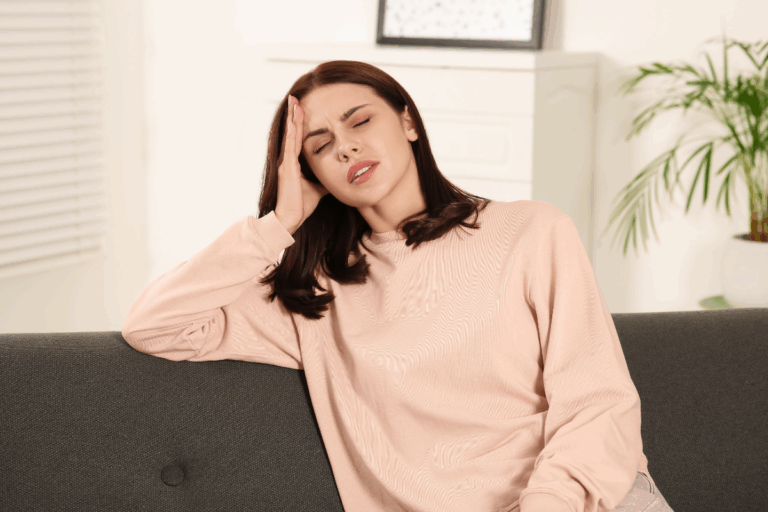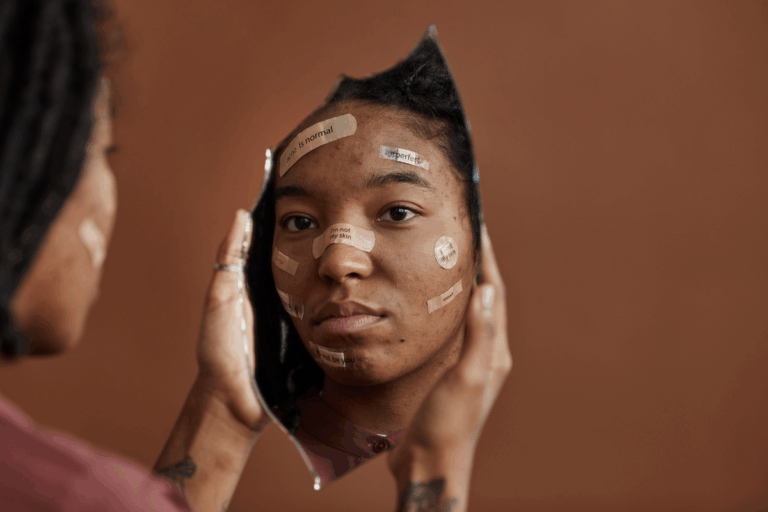Sleep Disorders and Depression: Understanding the Connection
Maddison Henley PA-C

Living with both a sleep disorder and depression can feel like a never-ending cycle, as each condition exacerbates the other. Sleep issues can worsen depression, while depression can make it more difficult to enjoy a restful night’s sleep. To better understand the link between sleep disorders and depression, we need to delve deeper into their connection.
Various Sleep Disorders with Shared Outcomes

Numerous sleep disorders exist, including insomnia, sleep apnea, restless leg syndrome, and narcolepsy. While each disorder has its own distinct symptoms and causes, they all have one thing in common: they interrupt the body’s natural sleep cycle. This interference can result in decreased serotonin production, a brain chemical responsible for mood regulation. Consequently, individuals may experience heightened feelings of sadness, anxiety, and depression. Furthermore, insufficient sleep can lead to increased irritability and emotional vulnerability, making it more challenging to handle stress and the obstacles life throws our way.
Depression’s Impact on Sleep
When we’re feeling depressed, falling or staying asleep can be difficult. Waking up tired and unmotivated can make getting through the day an uphill battle, creating a cycle where depression leads to poor sleep, which in turn worsens depression.
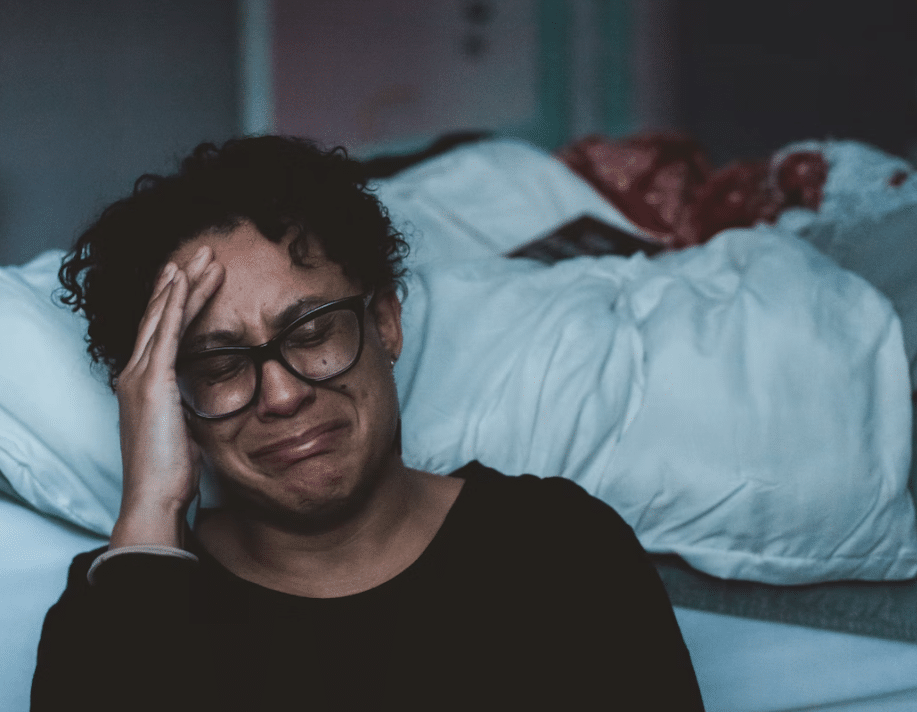
Breaking the Cycle: Treatment Options
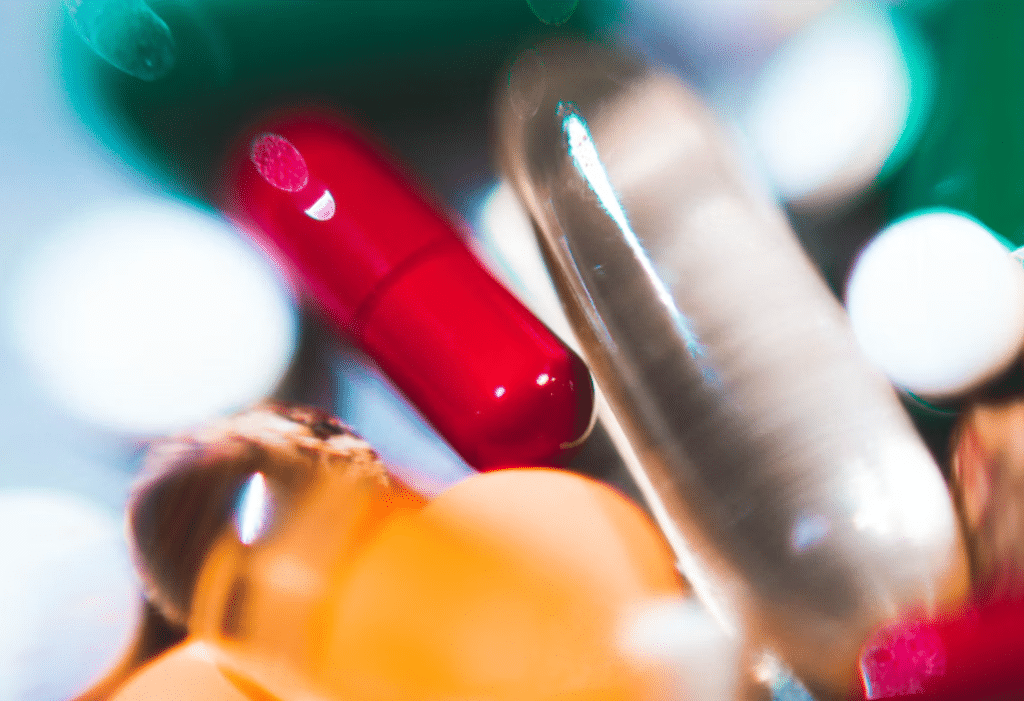
Fortunately, there are effective treatments for both sleep disorders and depression. For sleep disorders, a combination of lifestyle changes, such as improving sleep hygiene, cognitive-behavioral therapy for insomnia, and prescription medications, can be helpful. For depression, a combination of therapy and medication can help manage symptoms.
Antidepressants can regulate serotonin levels and other neurotransmitters in the brain, improving mood and reducing depression symptoms. As depression symptoms improve, sleep quality may also improve or sleep disturbances may reduce. Many antidepressants also have sedative properties that can help with sleep while treating depression.
Light therapy, involving exposure to bright light for a specific duration each day, is another treatment option. It is commonly used to treat seasonal affective disorder (SAD), a type of depression occurring during winter months. Light therapy can also help regulate the body’s sleep-wake cycle and improve sleep quality.
Seeking Professional Help
Sleep disorders and depression are serious conditions requiring professional treatment. In some cases, a sleep study may be recommended for severe insomnia or if other treatments have not been effective. If you’re struggling with depression, insomnia, or both, don’t hesitate to reach out to a qualified healthcare provider or mental health care professional for help. With the right treatment and support, it is possible to break the cycle and start feeling better.

Responsibly edited by AI
Other Blog Posts in
Animo Sano Psychiatry is open for patients in North Carolina, Georgia and Tennessee. If you’d like to schedule an appointment, please contact us.
Get Access to Behavioral Health Care
Let’s take your first step towards. Press the button to get started. We’ll be back to you as soon as possible.ecovery, together.

